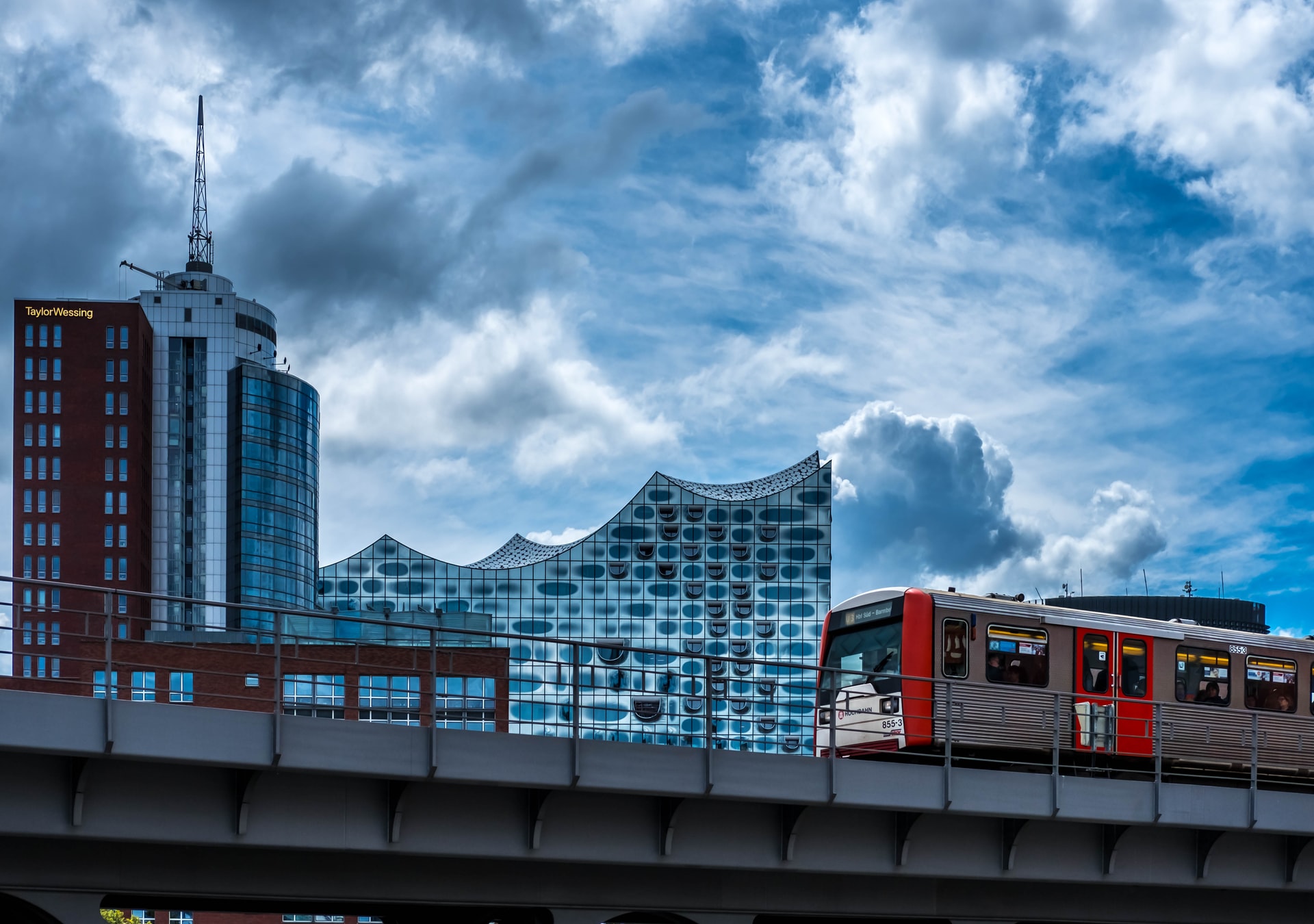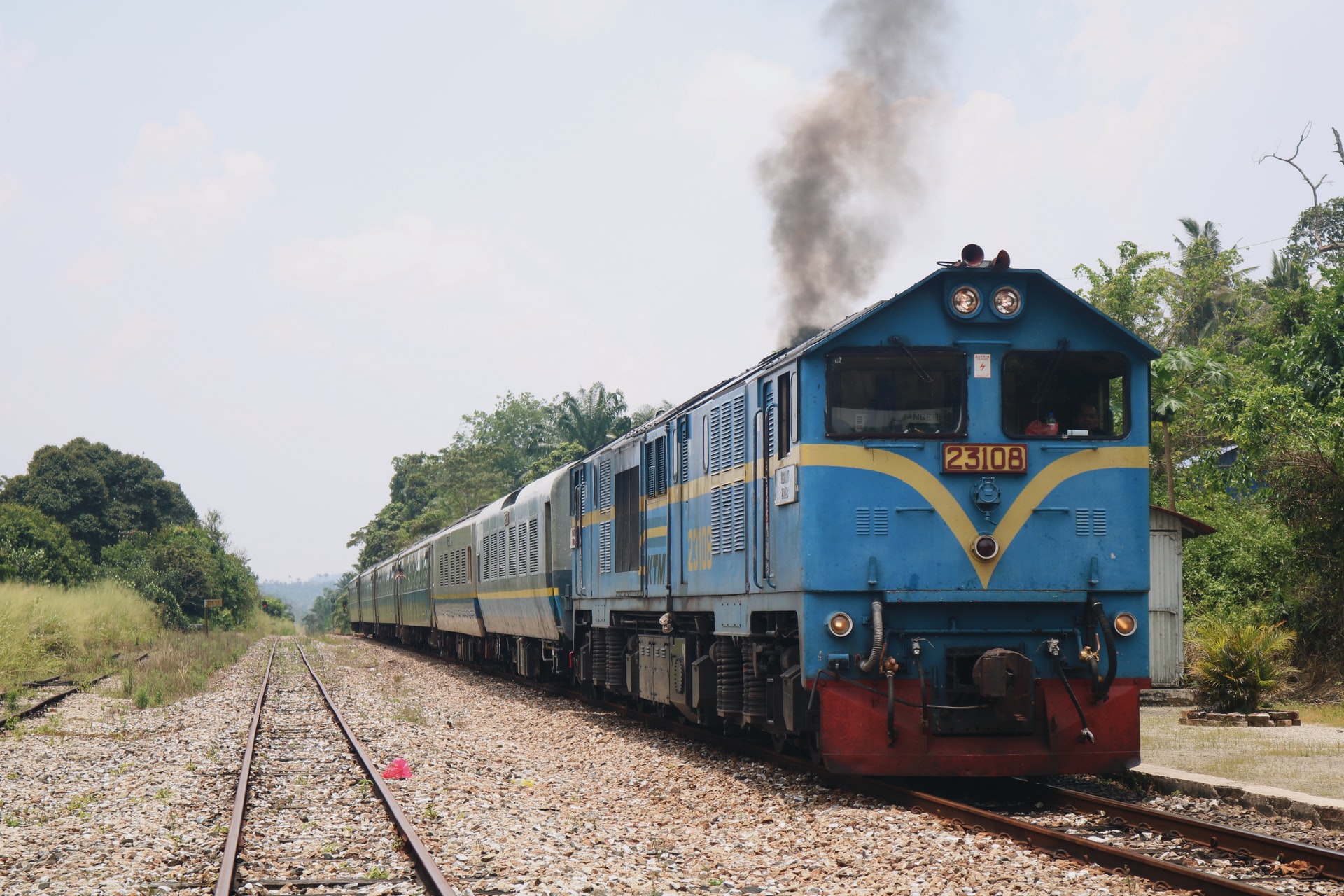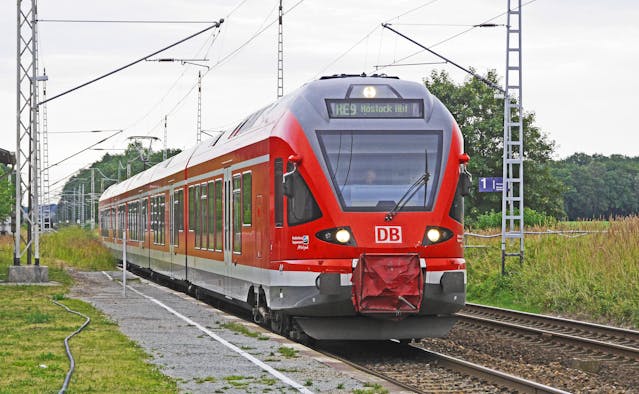If you’ve spent even a week in Berlin, you’ve probably heard the phrase: “Die Bahn kommt später”—the train is late. But in recent months, something unusual has happened: DB (Deutsche Bahn) and BVG delays have been getting worse. For expats and Berliners alike, daily commutes are more stressful than ever. So what’s behind the delays, and what can you do about it?
Why Berlin’s Trains Are Delayed More Often
1. Staffing Shortages
Berlin’s transport companies, BVG (for U-Bahn, trams, and buses) and DB (for S-Bahn and regional trains), are facing a massive shortage of staff. There aren’t enough drivers, maintenance workers, or engineers to keep services running smoothly.
2. Construction Season
Summer and autumn are peak times for railway construction in Germany. Tracks, stations, and signaling systems are being modernized, which means line closures, diversions, and replacement buses.
3. Old Infrastructure
Much of Berlin’s transport system was built decades ago, and breakdowns are becoming more frequent. Even small technical failures can cause city-wide knock-on delays.
4. National Rail Struggles
It’s not just Berlin—Deutsche Bahn nationwide has been criticized for being unreliable, with frequent strikes, cancellations, and funding issues. Berlin commuters are directly affected.
What Expats and Locals Can Do
- Always check the BVG app or DB Navigator before leaving.
- Save alternative routes (trams, buses, bike shares) for emergencies.
- If possible, travel outside peak hours to avoid the worst crowds.
- Consider Berlin’s growing bike infrastructure as a backup.
Final Thoughts
Berlin’s public transport system is still one of the most affordable and widespread in Europe. But delays are part of the reality. For expats moving here, the key is flexibility: always have a backup plan and expect the unexpected.















Leave a Reply